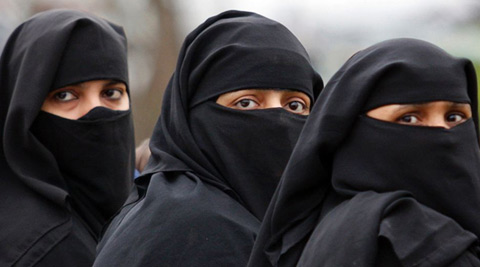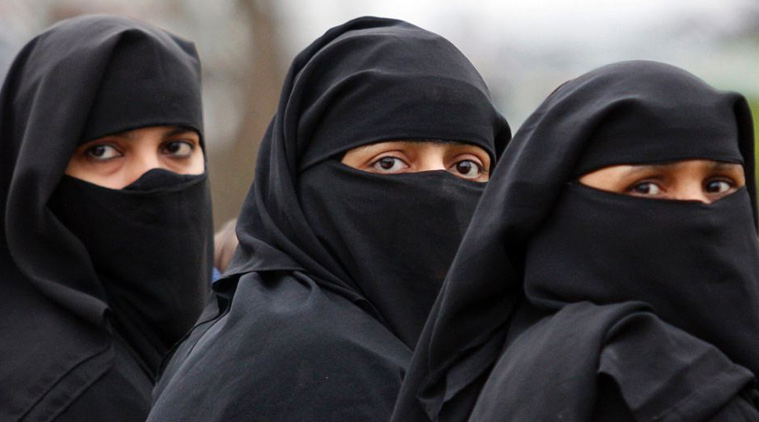Opinion A small step
Women finally have a vote in Saudi Arabia. But there’s so much more to do for gender equality.

 Make no mistake, though, Saudi Arabia’s grand rhetoric continues to mask a regime of gender apartheid. (Source: Reuters)
Make no mistake, though, Saudi Arabia’s grand rhetoric continues to mask a regime of gender apartheid. (Source: Reuters)
Here is a by no means exhaustive list of things women in Saudi Arabia can’t do: Swim in a public pool, enter a cemetery, drive a car, try on clothes while shopping, own a bank account without the husband’s permission, move around unchaperoned by a male guardian. One item that can be (partially) crossed off, though, is the right to vote. For the first time, Saudi women will be allowed to vote in municipal elections in December, and also run for office. This is in keeping with a royal decree issued by the now-deceased King Abdullah in 2011, and has been described by the kingdom to be a “significant milestone in progress”. Given the timing of the proclamation — when the Middle East was in the throes of the Arab Spring — it does appear to have been a response to sustained domestic pressure for women’s rights in particular and more representative government in general.
Make no mistake, though, Saudi Arabia’s grand rhetoric continues to mask a regime of gender apartheid. This is still a country, after all, where a woman who is gangraped can be punished for being unaccompanied when it happened — and receive a more brutal sentence than the men who raped her. It is a place where a hospital can postpone the amputation of a critically injured woman’s hand because she has no male legal guardian to authorise the procedure. In this kingdom, an unmarried woman can be sentenced to a year in prison and 100 lashes for “adultery”, after she has been gangraped.
The right to vote in a political system as closed as Saudi Arabia’s is almost meaningless. There is no real political opposition, rendering moot the concept of electoral choice, and competition is allowed in only half the seats on local councils — the other half is by royal appointment. Women now have an equal right to participate in a rigged system.

